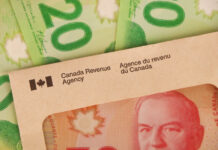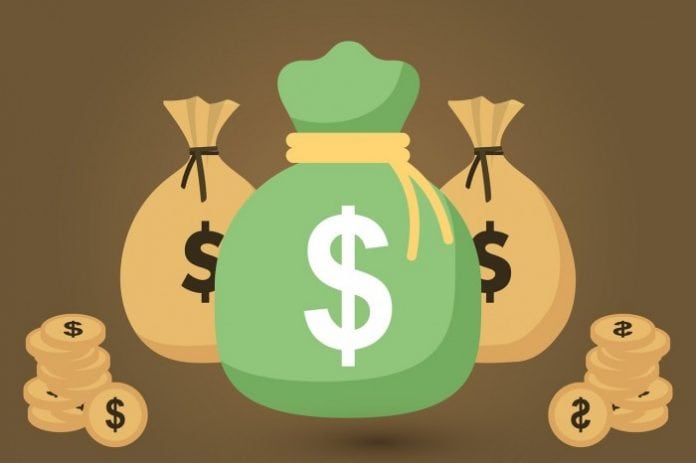If one of your goals is to achieve better personal finance management, you’ve landed on the right page.
In this juicy, super-helpful read, we’re going to provide you with some great quick tips to ensure that goal will be achieved.
Before we get to the tips, one piece of advice for you: remember that finances demand proper planning and making the right decisions. This article will help you boost your earning potential and become a pro at personal finance management.
1. Create a Financial Calendar
This is one of the most important financial basics which is especially helpful for those who tend to forget to pay quarterly taxes or pul a credit report. There are some great options out there; for example, you can check out the 2018 Financial Planning Calendar from Debt.org and receive reliable tips on financial matters.
Also, you can install calendar-based apps for managing your finances:
- Personal Capital. This is a great option for managing your investments. It uses award-winning financial tools that provide a great control and transparency for your personal finances. Available for Android and iOS.
- PocketSmith. Reliable personal finance software for keeping track of expenditures and monitoring savings. It gives reminders about bills that are due and provides a great financial calendar.
- Wally. A totally free personal finance management app that was named one of the best in its category in 2017. It works for both Android and iOS and lets you balance your income and expenses in an effective and efficient way.
2. Set Your Financial Goals
Whether you like or not, you have to do some financial planning. If you had a goal for the previous year, review it and determine areas for improvement. While planning for 2018, be clear and precise about what you want to achieve. Perhaps you want to increase your savings but have expenses along the way that are necessary for your lifestyle. You can consider taking out a personal loan to assist when shopping for household items or acquiring an improved wardrobe for work. Make sure to plan thoroughly and be sure that you’ll have the income coming in consistently to cover payments. Eventually, you’ll have a good foundation and will be able to save month by month.
Your personal financial goals will be based on your personal values, economic and social conditions and other factors. Note that a good financial goal meets the SMART criteria, i.e., it is Specific, Measurable, Attainable, Realistic and Time-based.
3. Make a Commitment to Live Within Your Means
Summertime inspire you to achieve new goals in personal finances, but, regardless of how much you earn, you should commit to shopping within your means. If a friend of yours buys a new Mercedes, that doesn’t mean that you should go ahead and do the same.
4. Take a Daily Money Minute
According to Alexa von Tobel, the founder and CEO of a personal finance website LearnVest, one needs to develop a daily routine that helps to get a better control over money management. Specifically, she recommends to set aside one minute each day to check personal finances. For example, you can check your credit card, take a look at cash reserves, and review personal finances online.
By spending only 60 seconds, one will be able to determine problems immediately and remind one’s self about financial goals.
5. Direct About 30 Percent of Your Earnings to Lifestyle Spending
Movies, dinners, dates, shopping, you name it – anything that doesn’t cover basic needs. 70 percent of your income should be more than enough to ensure that you have money to pay utility bills, rent, food, car, and so on.
“The 30 percent rule gives me more confidence as well,” says Eric Blensoe, an analyst at write-my-essay-for-me.com. “This way, I have a reasonable control over how I spend my earnings.”
6. Adopt a Spending Mantra
This is a good one. Pick out a positive phrase and make it a rule that defines how you spend your money. For example, you can adopt something like this: “This month, I am only buying things that are $50 or less,” or “Is this [the item here] better than a trip to Salt Lake City this winter?”
7. Fill Out the FAFSA
This quick win applies to students only. The Free Application for Federal Student Aid (FAFSA) is a free application for getting financial help from the government. It takes less than an hour but it could help you to avoid thousands of dollars in student debt.
If getting help for paying for college makes sense to you, here is an online version of 2017-2018 FAFSA for you to check out.
8. If You Have Credit, Get a Secured Credit Card
While helping to build credit like a regular card, a secured credit card will not let you overspend money. Check out your 2018 secured credit card options and offers on CreditCards.com to know what is available to you this year.
Wrapping Up
Everyone should be prepared to improve their personal finance skills, so I hope these quick wins will be useful for you to achieve this goal.
Find a Home-Based Business to Start-Up >>> Hundreds of Business Listings.

















































